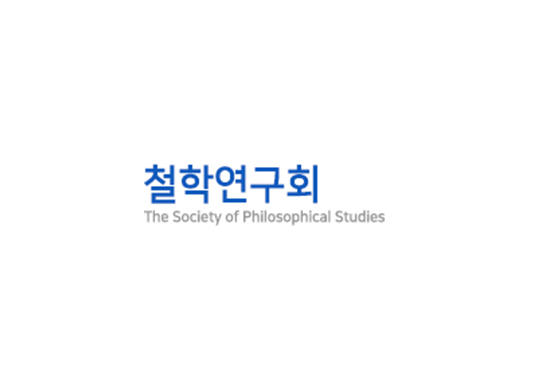아도르노의 카프카 읽기: “후기 자본주의의 암호”로서 오드라데크(Odradek)
Adorno’s reading of Kafka: Odradek as a cryptogram of late capitalism
정진범
강릉원주대학교
철학연구
2024, vol., no.146, pp. 89-118 (30 pages)
철학연구회
초록
이 연구는 카프카의 단편 <가장의 걱정(Die Sorge des Hausvaters)>에 대한 아도르노의 철학적 해석을 사물화의 양가성 문제를 중심으로 다룬다. 아도르노는 벤야민에게 보낸 1934년 편지에서 이 단편에 등장하는 수수께끼같은 형상인 오드라데크를 두고 “사물적으로 전도된 삶에서 자연의 연관관계로부터의 탈출이 약속되어 있다”고 쓴다. 아도르노가 보기에 카프카는 사물화된 세계에서의 소외를 타협없이 보여주고 있으며, 바로 이를 통해서만 구원의 전망이 열린다. 이러한 전도의 전도는 결코 필연성에 따라 보증되어 있지 않지만, 사물화의 경험은 결코 마르크스-루카치 전통에서 이야기되듯 부정적이지만은 않다. 아도르노는 오히려 사물에 대한 경계, 적대적 태도 속에서 인간성과 사물성 사이의 경직된 대립이 전제되어 있음을 지적한다. 그는 사물화가 도리어 인간과 사물간의 새로운 관계를 개시할 수도 있다는 것, 왜냐하면 거기서 사물은 인간이 부여한 가치 즉 유용성에서 해방된 것으로 나타나기 때문이라는 것을 간파한다. 이로써 아도르노는 사물화와 물신, 이차적 자연 개념 등의 비판적 사용에 경도된 기존 마르크스 전통을 뛰어넘는 통찰을 전개해 나아간다.
This study explores Adorno’s philosophical interpretation of Kafka’s short story “The Cares of a Family Man”, focusing on the ambivalence of reification. In a 1934 letter to Benjamin, Adorno writes of the Odradek, the enigmatic figure in the short story, “it is only to a life that is perverted in thingly form that an escape from the overall context of nature is promised in an objectified life.” For Adorno, Kafka uncompromisingly shows the alienation of the objectified world, and it is only through this that the perspective of redemption opens up. This inversion of inversion is by no means warranted by inevitability, but according to Adorno, the experience of reification is never as negative as it is in the Marxist-Lukács tradition. Rather, Adorno points out that a rigid opposition between humanity and thingness is presupposed in a vigilant, hostile attitude toward things. He recognizes that reification can also initiate a new relationship between humans and things, where things are shown to be liberated from their humanly assigned value, or utility. In doing so, Adorno develops an insight that goes beyond the Marxist tradition, which has been preoccupied with the critical use of reification, fetishism, and notions of second nature.

